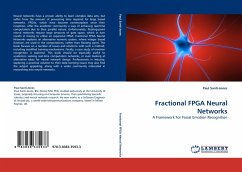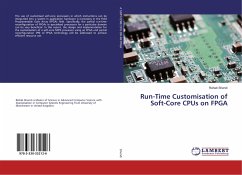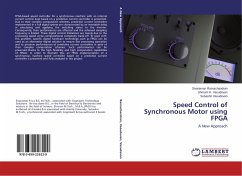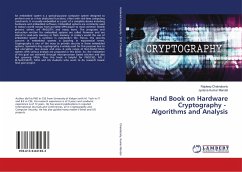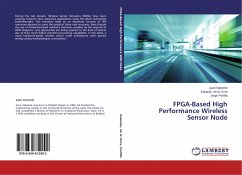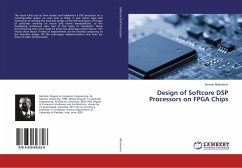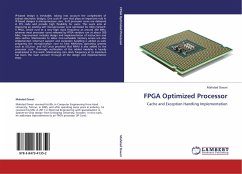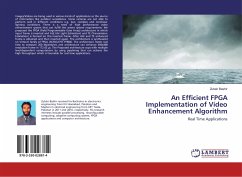Neural networks have a proven ability to learn complex data sets, but suffer from the amount of processing time required for large based networks. FPGAs, which have become commonplace since their inception, offer the academic community a way of achieving real-time computation due to their parallel nature. Unfortunately, floating-point neural networks require large amounts of gate space, which in turn results in having to utilise an expensive FPGA. Fractional FPGA Neural Networks explores an alternative numeric system, where integer based fractions are used in the computations, rather than floating point. The book focuses on a number of issues and solutions with such a method, including modified training mechanisms. Finally, a case study of emotion recognition is explored. This book should be especially useful to academics seeking real-time computation networks, or even looking at alternative ideas for neural network design. Professionals in industry, exploring a practical solution to their data learning issues may also find the subject appealing, along with a wider community interested in researching into neural networks.
Bitte wählen Sie Ihr Anliegen aus.
Rechnungen
Retourenschein anfordern
Bestellstatus
Storno

